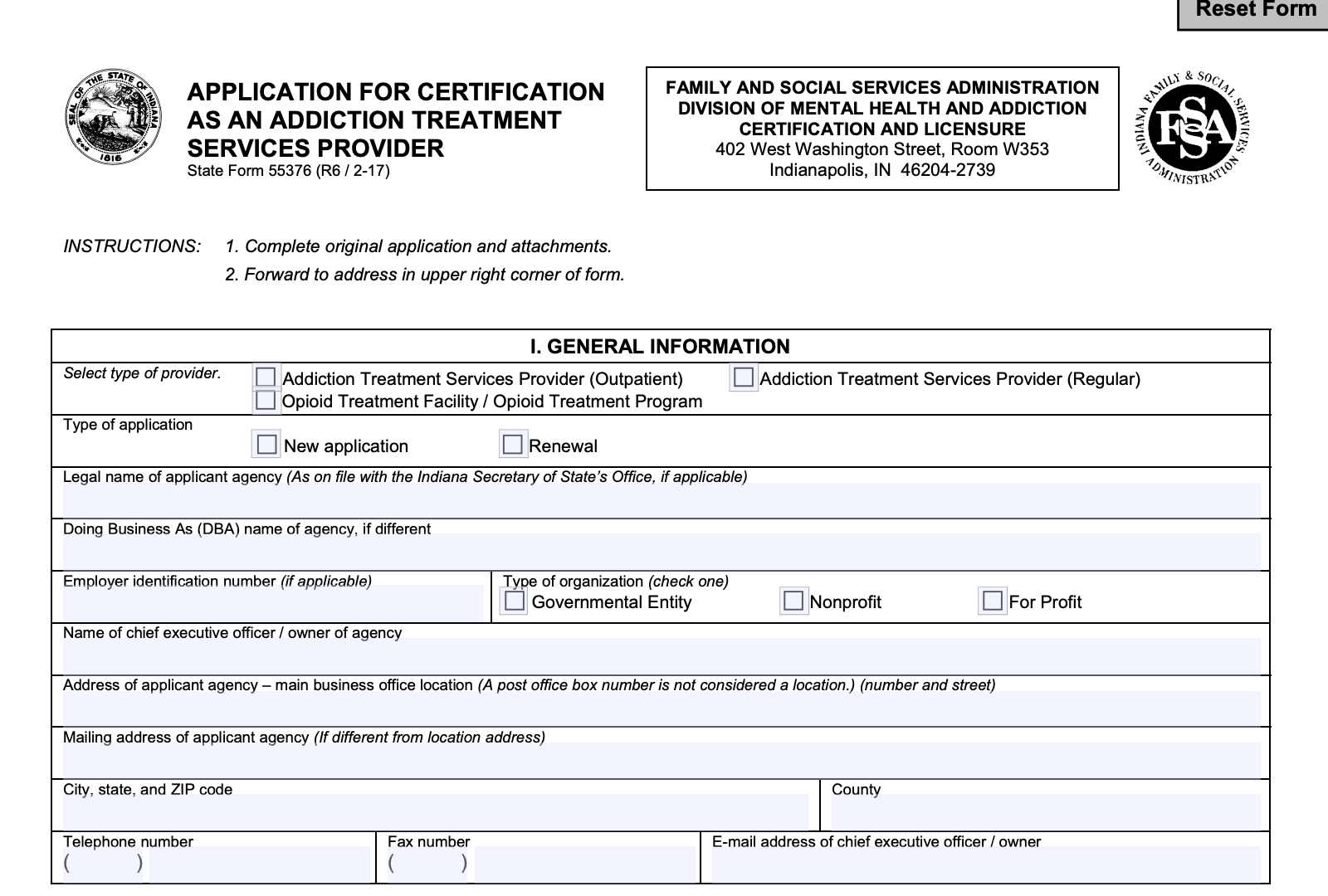Browsing the Journey of Detoxing in the Comprehensive Dependency Therapy Program
Starting the path of detoxification within the framework of a thorough dependency therapy program is a pivotal phase in the trip towards healing. The process of cleansing holds a considerable duty in damaging the physical dependancy on substances and preparing the individual for the subsequent phases of therapy. Navigating with cleansing is not merely a matter of physical cleansing; it entails a complex interplay of psychological, psychological, and social factors that call for mindful factor to consider and assistance. As people grapple with the obstacles of withdrawal symptoms and the uncertainties that exist ahead, having an organized plan and a durable assistance system in position becomes vital. In this discussion, we will certainly explore the complex facets of cleansing within the detailed addiction therapy program and lost light on the crucial components that form this transformative journey towards recuperation.
Value of Cleansing in Recuperation

Detoxing establishes the structure for the remainder of the dependency therapy program by preparing the person for further therapy and therapy. By cleaning the body important that have been clouding judgment and affecting habits, detox makes it possible for people to approach their recuperation with a more clear mind and more powerful emphasis.
In addition, detoxing aids in handling the possibly extreme withdrawal signs and symptoms that might develop when drug or alcohol use is stopped. Doctor carefully check clients throughout detox to guarantee their safety and supply required assistance. With this process, people can begin their trip towards sobriety with a stabilized psychological and physical state, boosting the probability of a successful recovery.
Recognizing the Detoxification Process
Cleansing, a fundamental component of addiction treatment programs, involves a structured process targeted at safely getting rid of hazardous substances from the body to promote an effective healing journey. The detoxification process usually starts with an analysis to assess the person's substance use history, physical wellness, and mental well-being. This evaluation aids medical care experts establish the most ideal detox strategy tailored to the person's needs.
Throughout detox, the body goes via withdrawal as it gets used to the lack of the compound. Withdrawal symptoms differ depending upon the kind of compound used, the period of use, and individual variables. Clinical supervision throughout detox is essential to take care of withdrawal signs and ensure the person's safety and convenience.

Managing Withdrawal Signs

Medications might be used to reduce specific withdrawal signs and symptoms and decrease pain. For instance, medications like check over here methadone or buprenorphine can aid handle opioid withdrawal signs, while benzodiazepines may be utilized for alcohol withdrawal. It is crucial for doctor to very carefully check the individual's action to these medications to ensure their safety and security and efficiency.
In addition to pharmacological treatments, encouraging therapies such as therapy, peer support teams, and all natural practices like mindfulness reflection or yoga can aid people deal with the psychological and psychological difficulties of withdrawal. By addressing withdrawal signs and symptoms comprehensively, medical care suppliers can enhance the detoxification experience and support individuals on their journey to recuperation.

Support Solutions Throughout Detox
Support group play a vital role in giving social and emotional support to people undergoing cleansing in dependency treatment programs. During the detoxification process, people typically experience a variety of physical and emotional withdrawal symptoms, making this stage difficult - Addiction Treatment Center. Having a solid support group in location can significantly influence the individual's capability to browse via detox successfully
Support groups supply a system for individuals to connect with others who are going via comparable experiences, offering a feeling of community and shared understanding. Healthcare professionals, including specialists, medical professionals, and therapists, play an important function in keeping an eye on the individual's progress, giving clinical assistance, and providing support throughout the detoxification process.
Looking Ahead: Life After Detoxification
Having actually successfully finished the detoxification phase, individuals in dependency therapy programs currently concentrate on preparing for the challenges and possibilities that lie ahead in their journey towards recovery. Life after detox marks a vital change duration where people must continue to build on the progress made throughout detoxification to preserve their sobriety. It is vital for people to identify that the trip in the direction of recuperation is recurring and needs commitment, commitment, and a desire to accept modification.
One key aspect of life after detox is the visit site development of dealing devices to manage triggers and desires that might develop. This may include discovering brand-new abilities, such as mindfulness methods, cognitive-behavioral methods, and anxiety administration methods, to browse tough situations without considering material usage. Furthermore, individuals are encouraged to actively take part in continuous therapy, support system, and aftercare programs to reinforce their assistance network and get support as they navigate the complexities of life post-detox.
Conclusion
Finally, detoxification is a vital part of the detailed dependency therapy program. Comprehending the detox procedure and handling withdrawal signs are vital steps towards recovery. Support group play a significant role throughout this difficult trip. Addiction Treatment Center. Looking ahead, life after detox holds assurance for a much healthier, substance-free future. It is essential to recognize the significance of detoxification in the process of conquering addiction and relocating in the direction of a life of sobriety.
Clinical supervision throughout detoxification is essential to take care of withdrawal symptoms and make certain the individual's security and convenience.
By understanding the detox procedure and its importance in damaging the cycle of dependency, individuals can embark on a path in the direction of lasting recuperation.
During the detoxification process, individuals usually experience a variety of physical and emotional withdrawal symptoms, making this phase difficult. Healthcare experts, consisting of doctors, therapists, and specialists, play a critical duty in monitoring the individual's progress, providing medical support, and offering support throughout the detoxification process.
Life after detox marks an essential transition period where people have to proceed to build on the development made throughout detoxification to preserve their sobriety.